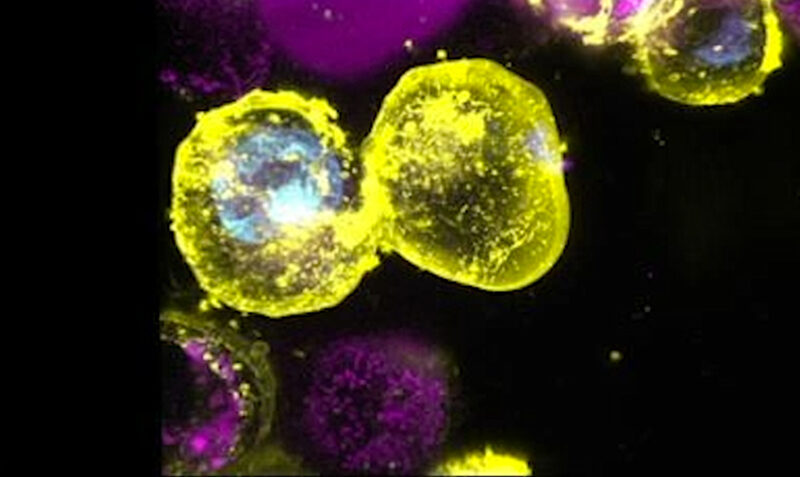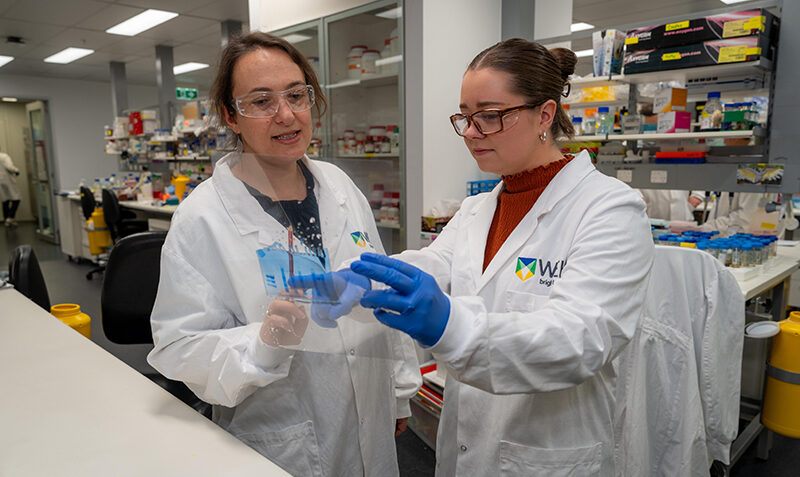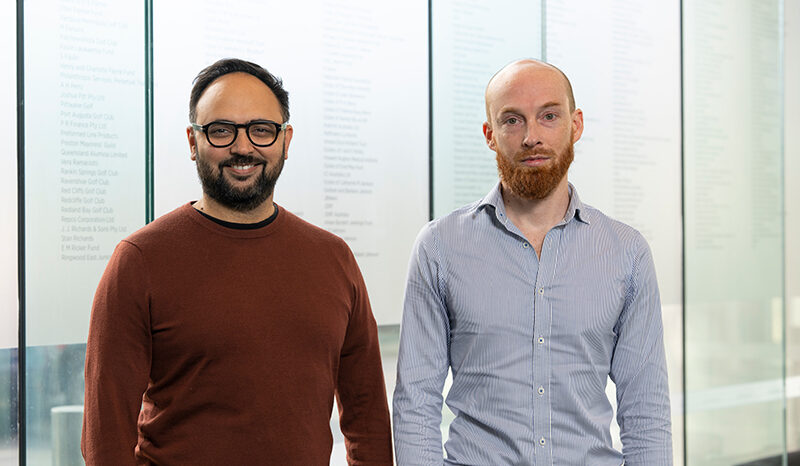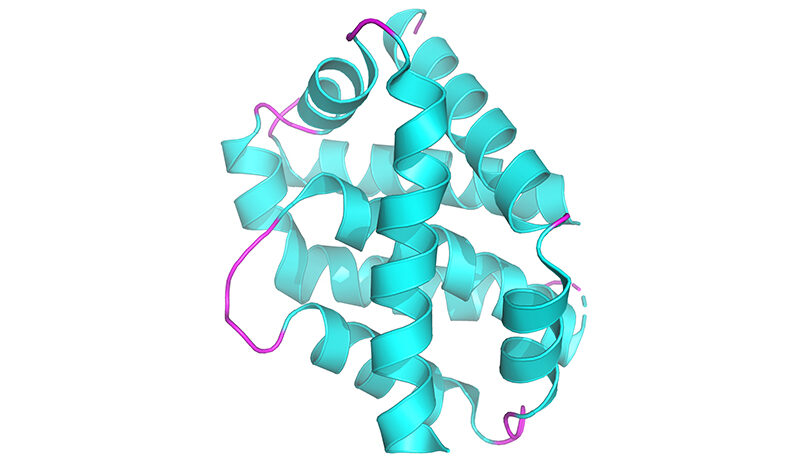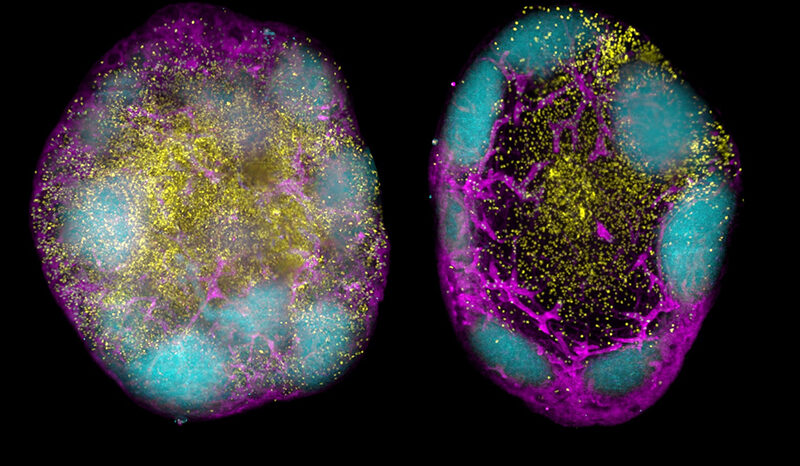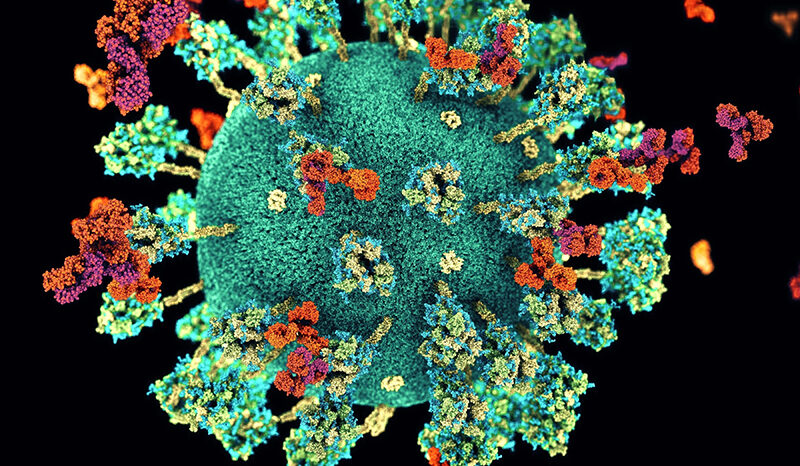Immune power of ‘explosive’ cell death
Every minute, millions of cells in our bodies die on purpose. Cell death is an essential process that protects our bodies from disease by removing unwanted, damaged or dangerous cells, and preventing the spread of viruses, bacteria, and even cancer.
WEHI’s Dr Sarah Garnish is first author on the paper and said that while there are various types of cell death, necroptosis is distinguished by its ferocity – the cells essentially explode, which sounds an alarm for other cells in the body to respond.
“This is a good thing in the case of a viral infection, where necroptosis not only kills the infected cells but instructs the immune system to respond, clean things up, and start a more specific, long lived immune response,” Dr Garnish said.
“But when necroptosis is uncontrolled or excessive, the inflammatory response can actually trigger disease.”



